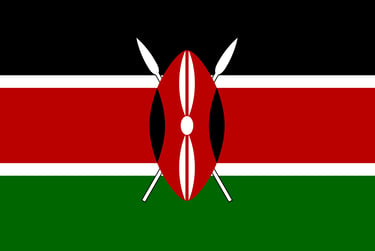Constructing Factories for Water Supply System
WATER
1/1/20242 min read


Kenya, like many other countries, faces challenges when it comes to providing a reliable and accessible water supply system to its citizens, industries, and communities. In order to address these challenges, it is crucial to invest in the construction of factories that can ensure improved water access and availability, local economic growth and job creation, as well as following quality control, standardization, and regulatory compliance of bottled water products.
Improved Water Access and Availability
One of the main goals of constructing factories in Kenya is to improve access to water. By establishing these factories, we can ensure a more reliable and consistent water supply to meet the needs of the population. This is especially important in areas where access to clean water is limited or unreliable.
The construction of factories can also complement the development of water infrastructure, such as pipelines and storage facilities, which further enhance water access and availability in cities. All these investments significantly improve the health and quality of life for Kenyan citizens, as they will have access to clean and safe water for drinking, cooking, and sanitation purposes.
Local Economic Growth and Job Creation
The construction of factories in Kenya will not only improve access to water but also contribute to local economic growth and job creation. These water generating factories will require a skilled trained workforce, providing employment opportunities for local communities. The creation of jobs will not only improve the livelihoods of individuals but also stimulate economic growth in the region, also create export of the Kenyan made products. The revenue can be reinvested in other sectors, such as education and healthcare, further benefiting the community as a whole.
Quality Control and Regulatory Compliance
Another important aspect of constructing water generating factories in Kenya is to ensure their quality control and regulatory compliance of bottled water products. With the establishment of water bottling factories, there will be a monitoring and regulating the production of bottled water.
Quality control measures need be implemented to ensure that the water meets the highest standards of purity and safety. This will protect consumers from potential health risks associated with contaminated or substandard water products.
Standardization of bottled water products will also help build trust and confidence among consumers. By adhering national standards, consumers can be assured that the bottled water they purchase is of high quality and meets specific criteria.
Furthermore, regulatory compliance will ensure that the factories operate in accordance with local and international regulations. This will help prevent any unethical practices and ensure the sustainability of the water supply system.
Conclusion
Constructing water generating factories in Kenya for a sustainable and accessible water supply system is a crucial step towards addressing the water challenges faced by the country. By improving water access and availability, promoting local economic growth and job creation, and ensuring regulatory compliance of bottled water products, Kenya can enhance the well-being of its citizens, support economic development, and safeguard public health.
©2025 LuxeanaKenya






